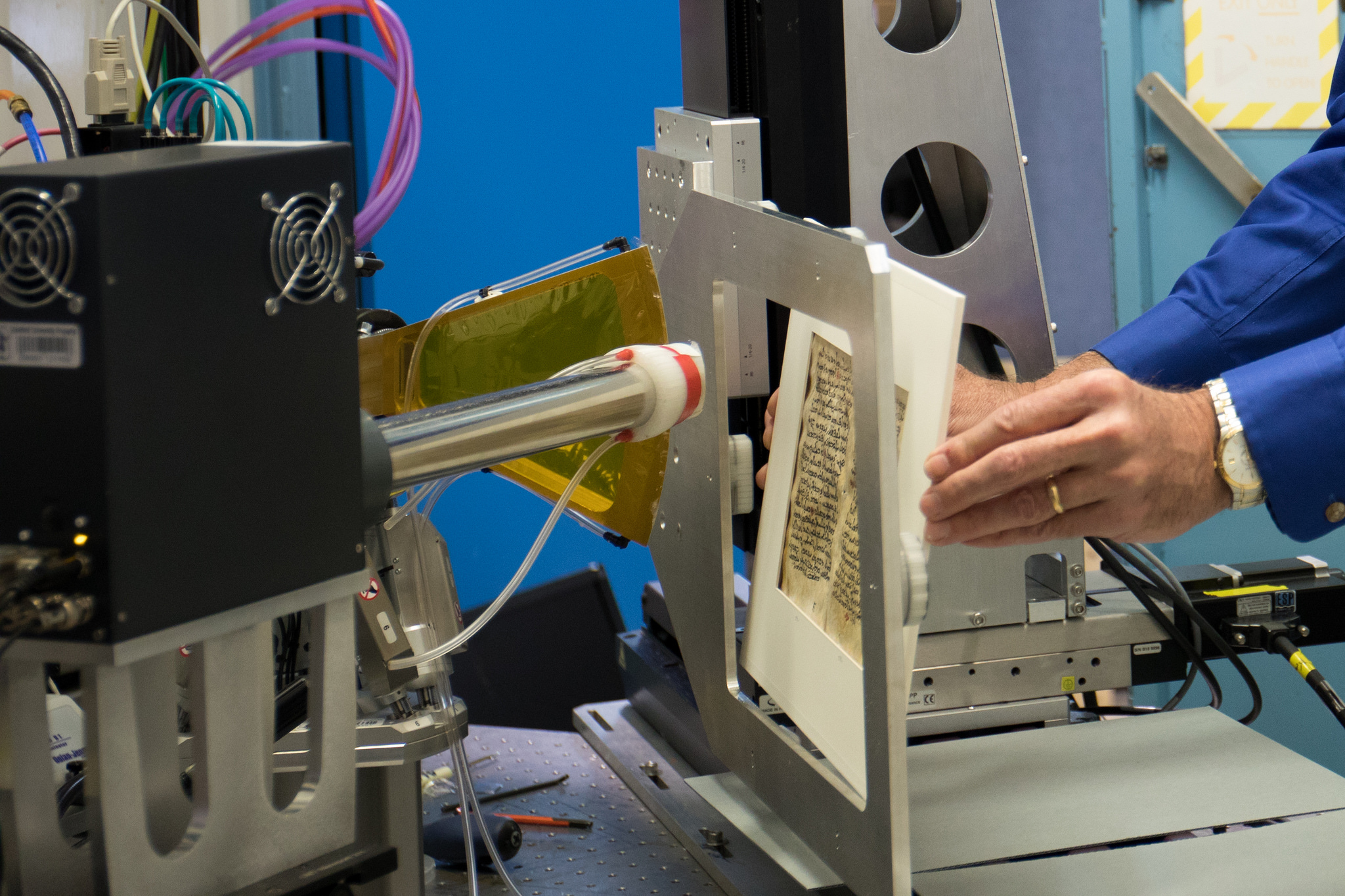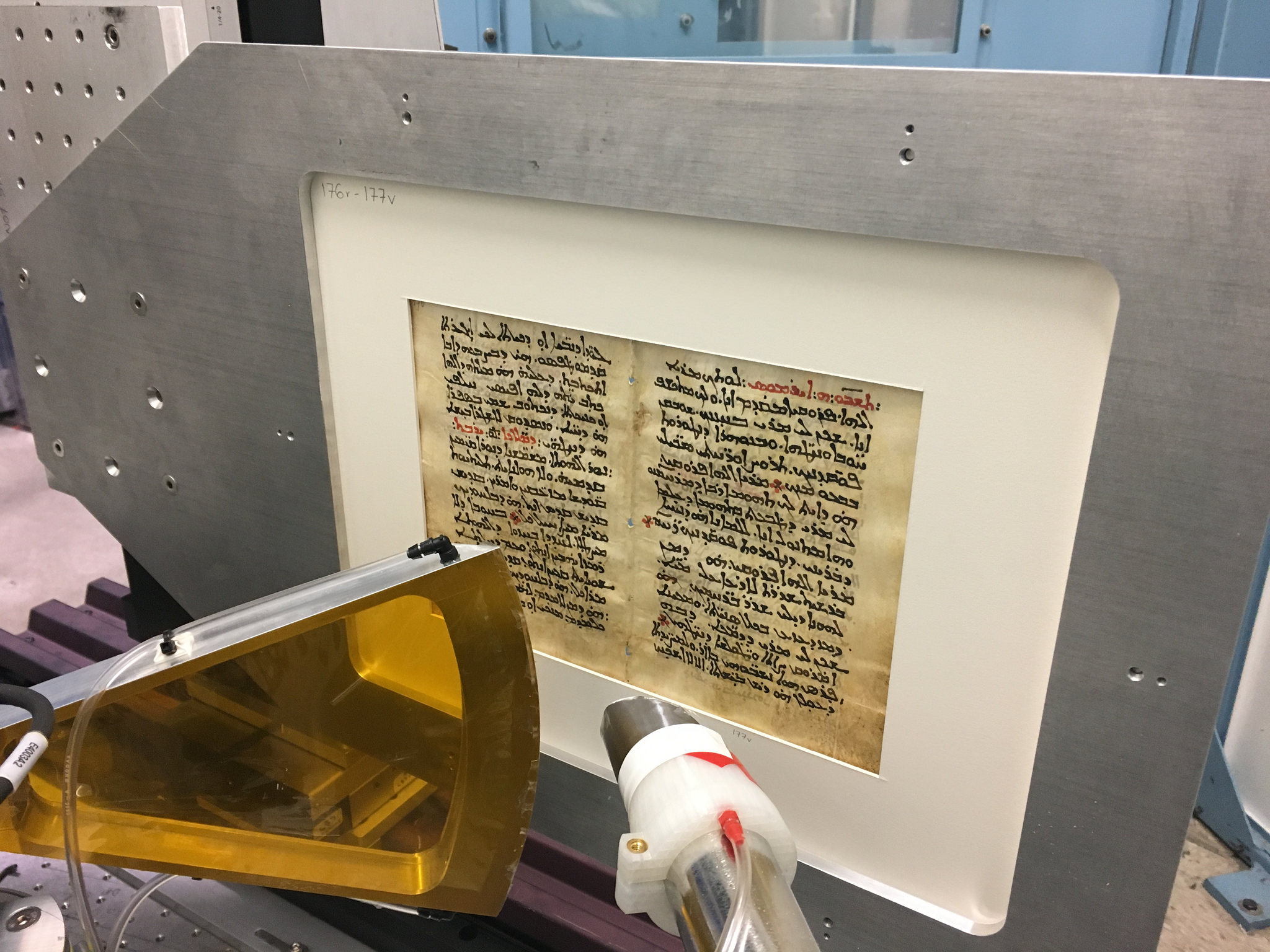Blasting This Old Book with X-Rays Could Reveal Greek Physician Galen's Ancient Words

A team of researchers are firing high-powered X-rays into a very old book of not-very-interesting hymns. And the explanation for why they're doing so is nearly two millennia in the making.
Eighteen hundred years ago, the Greek physician Galen recorded the most advanced medical science of his era: studies of anatomy, treatments such as bloodletting and ideas about the so-called humors of the human body.
Fifteen hundred years ago, someone wrote down one of his texts in a book of parchment in the ancient language of Syriac.
One thousand years ago, someone else scraped the ink off those pages and wrote over them with Christian psalms for the day of the week, also in ancient Syriac. [25 Medical Myths]
In the early 1900s, that book turned up in Germany, and was traced back to St. Catherine's Monastery on the Sinai Peninsula.
Now, 1,800 years after Galen first penned his text, researchers at the U.S. Department of Energy's SLAC National Accelerator Laboratory in Menlo Park, California, are bombarding the book with high-energy X-rays in an attempt to decipher Galen's words.

That's according to a news release emailed to Live Science yesterday (March 12). The earlier, sixth-century ink reacts a bit differently to X-ray light than the later, 11th-century ink. Under the extreme energies of the lab's Stanford Synchrotron Radiation Lightsource (SSRL), those differences are significant enough that, according to the statement, the researchers hope to parse the remnants of the original text despite the scraping, the additional ink and the centuries of age.
Sign up for the Live Science daily newsletter now
Get the world’s most fascinating discoveries delivered straight to your inbox.

"So far, they have not been able to reveal all of the hidden text, which was thoroughly scrubbed off in some sections," SLAC said. [Cracking Codices: 10 of the Most Mysterious Ancient Manuscripts]
All of the 26 pages the researchers are bombarding with X-rays will undergo 10 hours of scanning, and the results will be posted online for scholars to study. Until then, anyone curious about what of Galen's words appeared in this manuscript will just have to wait.
Originally published on Live Science.










